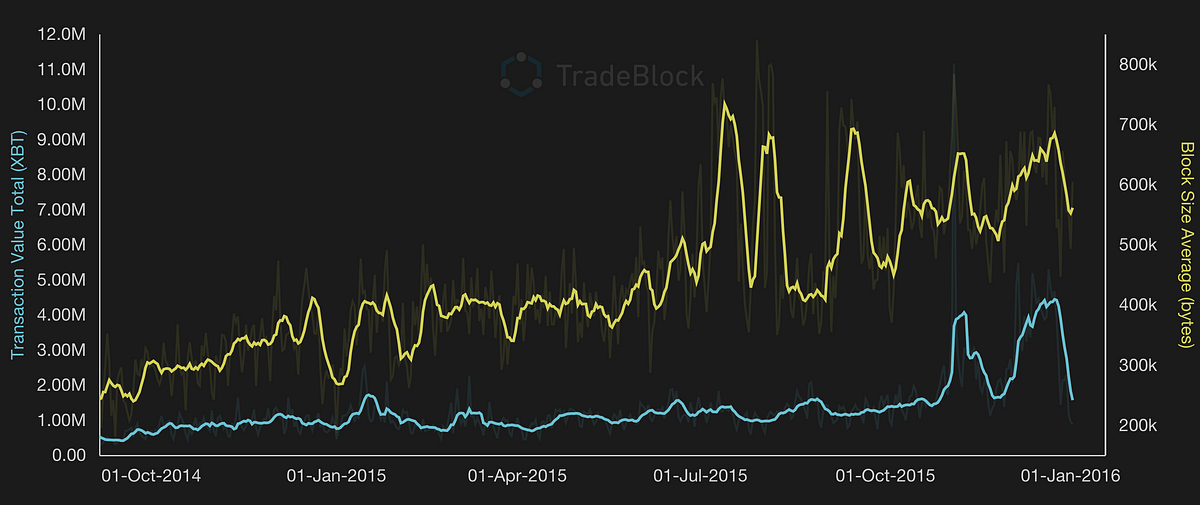The resolution of the Bitcoin experiment, by Mike Hearn, Medium
Joyce Park stashed this in Tech biz
Bitcoin developer says it's over.
I had NO idea it got this bad.
If you haven’t heard much about this, you aren’t alone. One of the most disturbing things that took place over the course of 2015 is that the flow of information to investors and users has dried up.
In the span of only about eight months, Bitcoin has gone from being a transparent and open community to one that is dominated by rampant censorship and attacks on bitcoiners by other bitcoiners. This transformation is by far the most appalling thing I have ever seen, and the result is that I no longer feel comfortable being associated with the Bitcoin community.
I had no idea the block chain is full!
Why has the capacity limit not been raised? Because the block chain is controlled by Chinese miners, just two of whom control more than 50% of the hash power. At a recent conference over 95% of hashing power was controlled by a handful of guys sitting on a single stage. The miners are not allowing the block chain to grow.
Why are they not allowing it to grow? Several reasons. One is that the developers of the “Bitcoin Core” software that they run have refused to implement the necessary changes. Another is that the miners refuse to switch to any competing product, as they perceive doing so as “disloyalty” —and they’re terrified of doing anything that might make the news as a “split” and cause investor panic. They have chosen instead to ignore the problem and hope it goes away.
And the final reason is that the Chinese internet is so broken by their government’s firewall that moving data across the border barely works at all, with speeds routinely worse than what mobile phones provide. Imagine an entire country connected to the rest of the world by cheap hotel wifi, and you’ve got the picture. Right now, the Chinese miners are able to — just about — maintain their connection to the global internet and claim the 25 BTC reward ($11,000) that each block they create gives them. But if the Bitcoin network got more popular, they fear taking part would get too difficult and they’d lose their income stream. This gives them a perverse financial incentive to actually try and stop Bitcoin becoming popular.











3:26 PM Jan 14 2016